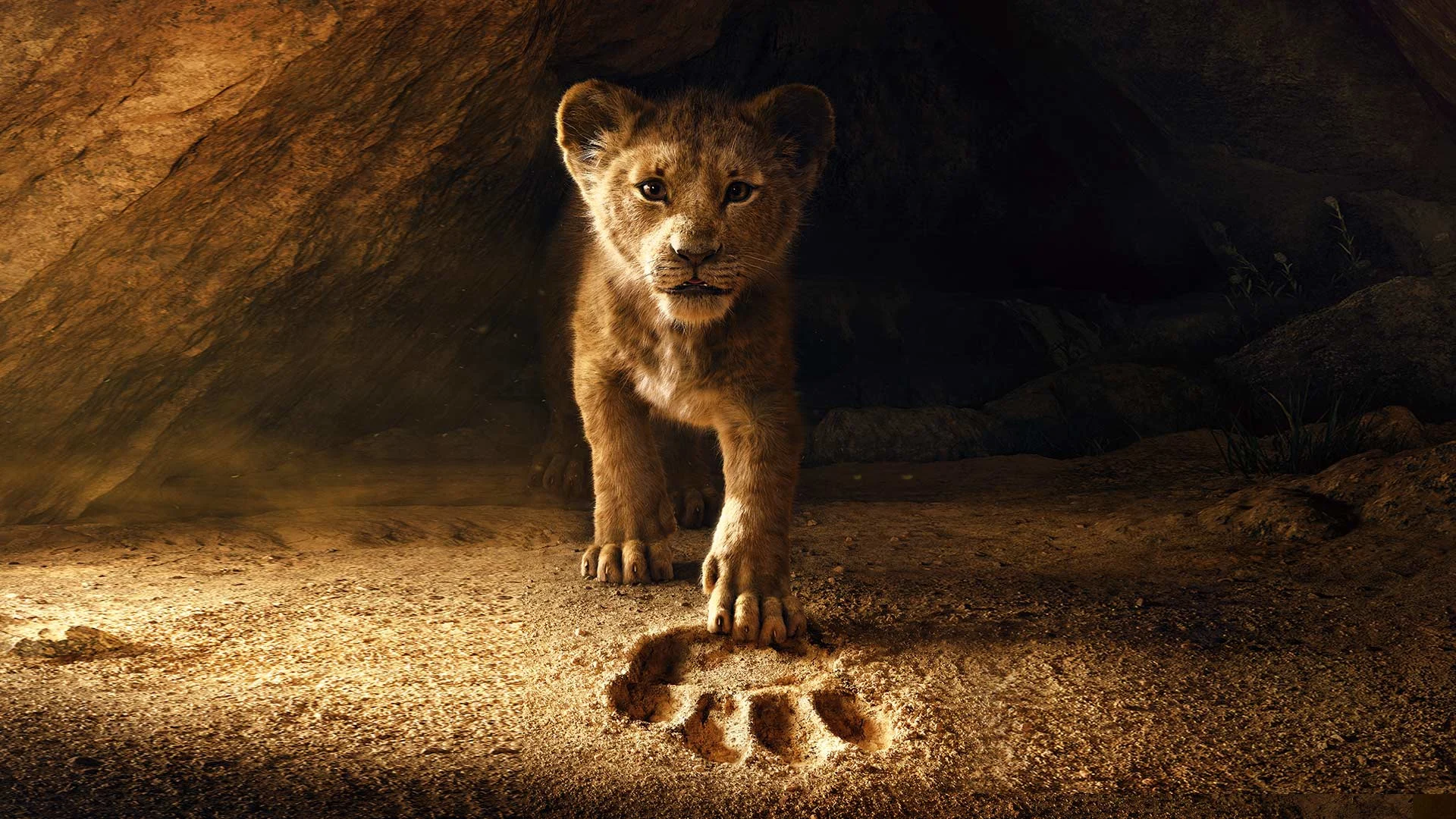When Mufasa appears to Simba in the clouds, he says four words that change everything: “Remember who you are.”
This moment from The Lion King reveals a profound truth about positioning that most marketers miss entirely. Because when marketers talk about positioning, they’re not really talking about positioning at all.
They’re talking about messaging.
About making customers understand what their product does.
About being top of mind when it’s time to buy.
But this isn’t positioning. It’s tactical marketing dressed up as strategy.
Consider Simba’s transformation:
Without identity, he wanders aimlessly in the jungle, letting Timon and Pumbaa define his existence. He’s reactive, purposeless, and indistinguishable from any other animal singing Hakuna Matata.
Sound familiar? This is most businesses today — drifting between market trends, copying competitors, and obsessing over how to describe themselves:
“How do we describe our product?”
“Which features should we emphasize?”
“What category do we fit in?”
“Should we describe what we do or why we do it?”
They think positioning is about being understood. But real positioning isn’t about being understood — it’s about being undeniable.
When Mufasa appears to Simba, he doesn’t give him talking points about being a better lion. He doesn’t tell him how to describe himself to the other animals. He awakens him to his true position: the rightful king of Pride Rock.
With identity restored, Simba transforms.
He doesn’t need to explain who he is anymore because his actions prove it. He reclaims the Pride Lands not because he crafted better messaging, but because he finally owns his position as king.
The same lion, two completely different realities—because identity shapes everything.
“But this is different,” some will argue. “We’re in B2B. Enterprise software. Complex sales cycles. We need tactical positioning for our sales teams and marketing campaigns.”
This objection misses the point entirely.
Whether you’re selling to consumers or enterprises, positioning operates in the human mind. And last time I checked, even B2B buyers are human.
This is why positioning isn’t a marketing function—it’s a leadership mandate. It sits with the CEO because only leaders can make the hard decisions positioning requires:
What territory will we own in people’s minds?
What trade-offs are we willing to make?
How will our actions prove our position?
These aren’t marketing questions. They’re strategic imperatives that shape every aspect of the business.
When positioning is delegated to marketing, it gets reduced to messaging exercises, campaign tactics and mental gymnastics. It’s like asking Timon to reclaim Pride Rock. He might come up with clever slogans, but he can’t define what the kingdom stands for.
Real positioning flows from identity.
When you know who you are:
- Your teams can explain what you do because it’s obvious, not because they memorized a script
- Your actions naturally reinforce your position because they flow from who you are
- Your marketing becomes authentic because it’s expressing truth, not crafting perception.
This is why Mufasa’s advice is meant for CEOs, not marketers. Positioning isn’t about discovering how to describe yourself. It’s about uncovering and owning who you truly are.
The next time someone in marketing presents a positioning exercise, ask yourself: Are they talking about messaging and tactics, or are they talking about identity? Are they playing Timon and Pumbaa’s game of surface-level descriptions, or are they channelling Mufasa’s wisdom about fundamental truth?
Because, in the end, positioning isn’t about what you say about yourself. It’s about who you are.
Remember who you are.
When you know that, everything else becomes inevitable.




Leave a Reply
You must be logged in to post a comment.